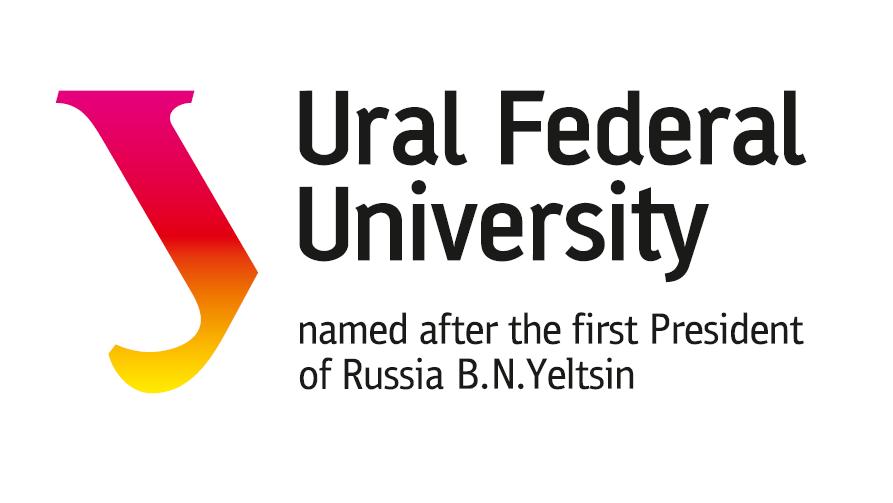Ural Federal University: Ural Paleontologist Is Co-Author of the Nobel Prize Winner Work
Pavel Kosintsev, a leading expert of the Laboratory of Natural Science Methods in Humanities at Ural Federal University and a senior researcher at the Institute of Plant and Animal Ecology, Ural Branch of the Russian Academy of Sciences, contributed to the research that won the Nobel Prize in Physiology and Medicine – 2022. The Urals paleontologist is a co-author of one of the works that formed the basis of the research of Svante Pääbo, a Swedish specialist in evolutionary genetics. He received the award for his discoveries in the field of the genome of extinct hominids (great apes) and human evolution.
Ural and Swedish scientists in an international team decoded the genome of man who lived about 45 thousand years ago in Western Siberia. The contribution of Russian specialists was to reconstruct the ancient ecosystems in which the ancient man lived. The results of the study were published in the journal Nature.
“The Nobel Prize was awarded to Pääbo for his work with finds made in Russia, among other things. Our joint research was devoted to the study of Ust-Ishim man, which is one of the most ancient finds of the modern human type Homo sapiens. It was made near the settlement of Ust-Ishim in the Omsk region. The DNA of the femur bone found there was studied by Paabo. We have collected large materials on the accompanying fauna of mammals that lived at the time, and recreated the living conditions of Ust-Ishim man. All these data formed the overall picture of evolution and the origin of modern physical appearance of humans,” says Pavel Kosintsev.
Studies of the Ust-Ishim man have been conducted since 2008. The scientists made a number of discoveries, which were also recognized with other awards. Thus, in 2015 the Russian Academy of Sciences awarded Svante Pääbo for his contribution to paleogenetics and discoveries based on the study of remains found in Russia.

